What are Deed Restrictions and When are They Enforceable?
What You Need to Know About Deed Restrictions
Purchasing a home is a big decision — having all the information about the sale can make or break your experience. One potential problem that property buyers may run into is the possibility of a deed restriction, especially if the property is located within a homeowner’s association.
To learn more about deed restrictions and whether they can be bypassed, read below or reach our office today to speak to an experienced real estate attorney in Warwick, Rhode Island.
Deed restrictions
Also known as covenants and restrictions, deed restrictions are agreements regarding property usage that are made between landowners. Under deed restrictions, property may only be used for specified purposes, and certain uses or behaviors may be prohibited. Essentially, these restrictions are a condition of sale that limit how you can use your property.
HOAs and other communities may utilize deed restrictions to keep property values high or to control the development of properties in a particular area. However, any seller may place a deed restriction on their property.
Common deed restrictions
What do deed restrictions look like? They can take a variety of forms, some of the most common being:
- Animal restrictions: These restrictions limit or prohibit certain types or breeds of animals. For example, many residential properties restrict the ownership of livestock animals.
- Vehicle restrictions: Vehicle restrictions may ban certain vehicles such as boats, trailers, work trucks, or even unlicensed or inoperable cars from being parked in driveways or on the street.
- Use restrictions: Home business restrictions are one of the more common deed restrictions and may prohibit you from operating your small business from your home, placing business signs in your yard, or even renting out your home on Airbnb or other similar platforms.
- Personal property restrictions: Some deed restrictions limit the items that you can have on your property. Items such as hot tubs, pools, sports equipment, and other things may be prohibited.
- Renovation or building restrictions: Fences, sheds, and other structures may be restricted to keep properties looking uniform or to ensure your neighbors enjoy an unrestricted view from their property. Additionally, some deed restrictions even go so far as to outline an acceptable appearance for the property. Under these restrictions, you may not be able to renovate the exterior of your home, choose a new façade color, or build with certain materials.
How deed restrictions are enforced
Deed restrictions are made between a buyer and seller and thus are contractual. They cannot be forced unknowingly upon a buyer; buyers must have notice of the conditions before they purchase a property. Deed restrictions will always show up when doing a title search, but buyers may also wish to talk to a realtor, real estate attorney, or someone from the HOA or local government office.
Most of the time, the entity that creates the restriction is also the one that enforces it. Assignees, grantors, and their successors are all able to enforce a deed restriction unless it has previously been revoked. What’s more, deed restrictions are often passed on with the property. This means that they will apply to current and future buyers and may continue to be enforced by subsequent owners.
Generally, the law doesn’t favor imposing restrictions on the free use of your property. Arbitrary or unreasonable deed restrictions are not considered acceptable and therefore may not be enforceable. However, the law will side with covenants and restrictions that:
- Are in line with public policy
- Do not violate constitutional or statutory provisions
- Are within reasonable bounds
- Have been clearly stated
Some restrictions and covenants remain in effect indefinitely, while others may expire after a specified period. In most cases, deed restrictions are permanent and non-negotiable.
What a deed restriction might mean for you
If deed restrictions are clearly outlined and won’t affect your lifestyle, they may not mean much.
However, if you purchase a deed-restricted property without a full understanding of what the covenants and restrictions are, you may find yourself in a difficult position. Perhaps you’ve purchased a home only to discover you’re not allowed to park your new RV near it. Or perhaps you’ve been visited by an HOA representative who’s there to let you know that the new fence you’ve just paid for is against the rules.
Changing a deed restriction is difficult and often requires the property purchaser to go through a formal process with the restricting entity — oftentimes an HOA, home builder, or government body. It is far simpler to understand what deed restrictions are connected with your property before you complete the purchase.
Where to learn more about your property’s deed restrictions
If you’re worried about purchasing a deed-restricted property, rest assured that there are several sources you can turn to for help uncovering potential deed restrictions. Before you apply for a mortgage or make a purchase, you may wish to speak to:
- Your realtor. Your real estate agent can access relevant property records and previous listings to uncover any deed restrictions.
- The home builder. The developer or builder may be able to locate a list of deed restrictions attached to the property.
- The local governing body. Your county or municipal clerk can check historical property records for information regarding restrictions.
- A real estate attorney. If you have any questions or concerns regarding a deed-restricted property, an attorney can often help by researching, reviewing, or even contesting certain restrictions.
Are you in the process of purchasing your first home? Avoid the consequences of unrecognized covenants and restrictions by engaging the right team before you make your offer. Reach out to Tomassi Law in Warwick, Rhode Island for help discovering more about your property and outlining your options so that you can decide whether to move ahead with your purchase.










